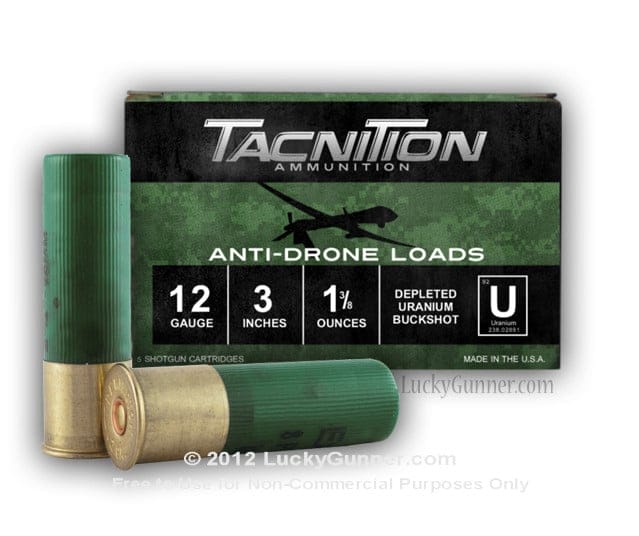Sig Sauer is being sued in Germany for allegedly illegally providing the pistol used by a Mexican drug cartel member to kill 12 people in 2010. Although the perpetrator likely obtained the firearm illegally, the German government banned export of firearms to the country, which is the basis of the case. Sig had claimed the gun was produced in New Hampshire, USA and sold to a legal dealer in Mexico. But the plaintiff claims that Germany’s Federal Office of Export Control still requires an export license if “technology from Germany has been exported to the subsidiary company in the US in advance,” and said it had not received an application for a license from Sig.
And still no word on any legal actions against those who illegally provided weapons from the US to drug cartels in Mexico as part of the ATF’s Fast and Furious scheme. In fact, the US government is fighting to keep details of how its own federal gun agents let Mexican drug cartels buy rifles in AZ illegally out of an upcoming murder trial in which two men will be tried for the killing of US Border Patrol agent Brian Terry who died after he ran into criminals carrying those same illegal guns.
Top US Department of Justice officials also withheld information from a federal judge about judicial irregularities in a high-profile lawsuit against the ATF, according to recently unsealed court documents.
Two of the officials complicit in the scam are Stuart Delery, now the DOJ acting associate attorney general (the No. 3 person at the DOJ), and Jeanne Davidson, who has now been nominated for a federal judgeship.
We wish to point out that DOJ attorneys, unlike lawyers who represent private litigants, are supposed to advocate for the truth and nothing more. Their client is justice in a literal sense. Or so says another DOJ attorney. Well, maybe not.
For the second time, the 11th US Circuit Court of Appeals in Atlanta has upheld Florida’s controversial “Docs v. Glocks” law and lifted an injunction, now allowing the state to enforce the measure, saying “The act codifies the commonsense conclusion that good medical care does not require inquiry or record-keeping regarding firearms when unnecessary to a patient’s care — especially not when that inquiry or record-keeping constitutes such a substantial intrusion upon patient privacy.” Another appeal is likely, because anti-gun doctors want you to pay them to tell you about things about which they have no expertise and about which you didn’t ask. This is called malpractice and boundary violation.

